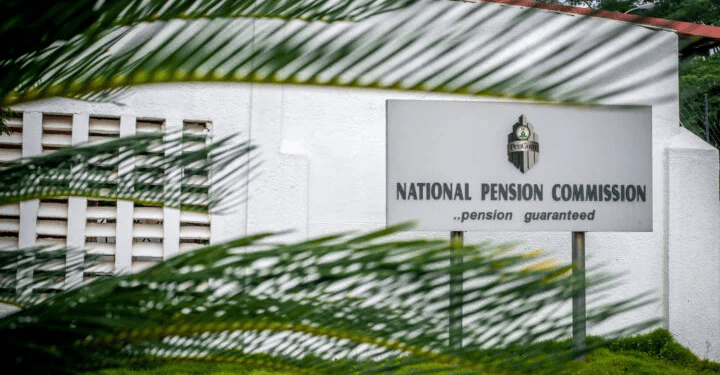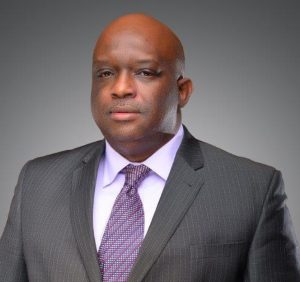Nigeria’s contributory pension assets reached N21.14 trillion by the end of August 2024, marking a significant increase of N345.65 billion from July’s N20.79 trillion, according to the National Pension Commission (PenCom).
The number of Retirement Savings Account (RSA) holders also grew, rising to 10,457,073 from 10,419,520 in July. This reflects a steady interest in retirement savings among Nigerians.
The Nigerian government remains the primary borrower of pension funds, with investments in Federal Government Securities reaching N13.40 trillion in August. This includes N12.59 trillion in federal government bonds, N2.04 trillion in money market instruments, and N1.94 trillion in domestic ordinary shares.
In the second quarter of 2024, total contributions to individual RSAs amounted to N377 billion. The public sector contributed N217 billion, while the private sector added N160.83 billion. This represents a decline compared to Q2 2023, when public sector contributions were N286.69 billion and private sector contributions were N234.47 billion.
Over the past few years, contributions have shown a general upward trend. In Q2 2022, public sector contributions were N136 billion, and private sector contributions were N101.96 billion. In Q2 2021, both sectors contributed nearly equally, with the public sector at N97.17 billion and the private sector at N97.91 billion. Comparatively, in Q2 2020, the public sector contributed N118.50 billion while the private sector contributed N70.69 billion, according to PenOp data.
This trend highlights the growing importance of pension savings in Nigeria, which could play a critical role in securing financial futures for millions of citizens across Africa.










